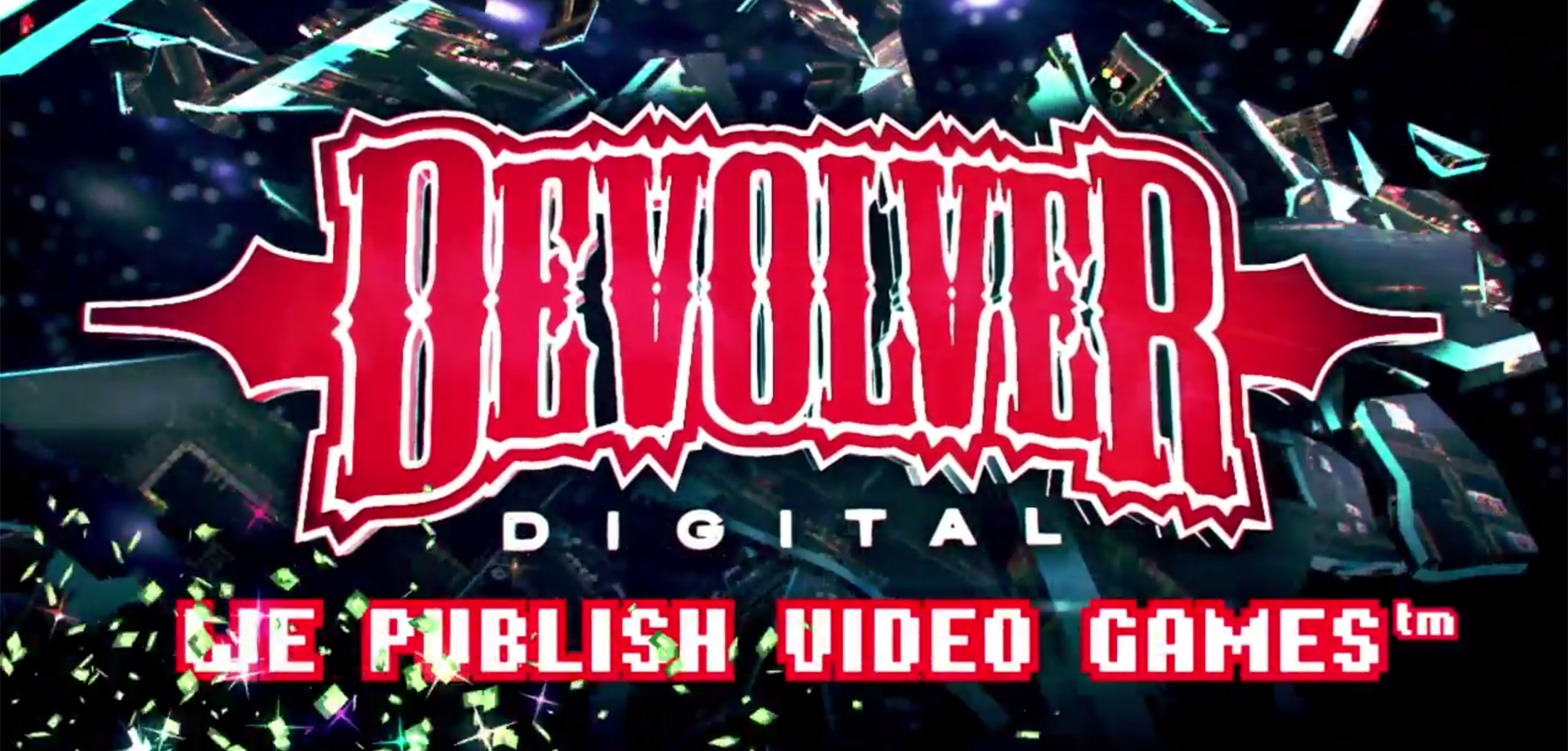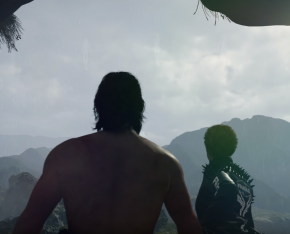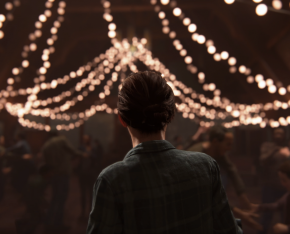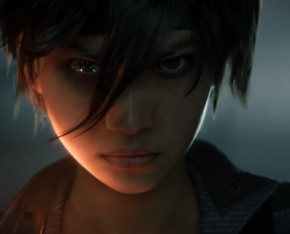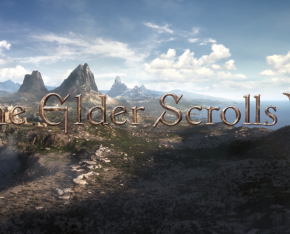By Simon Moore on June 19, 2014 at 7:02pm
E3 wasn’t just about AAA titles, and it certainly wasn’t only about high-end graphics as Devolver Digital shows us.
History Matters
If we try and find the father of commercial gaming, we inevitably end up at the doors of Atari in 1972, as well as "PONG," the first true sprite/pixel gaming experience for the first generation of video gamers. From there, as they say, "the rest is history." And what a history it has been. Since the beginning of Atari's unveiling 42 years ago, the video game world is arguably one of the biggest and most consistently growing industries on the planet with new technology constantly arriving to bring us closer and closer to realism in a virtual space. However that’s not the important part here; what’s important is that in spite of all these technological advances and graphic enhancements, gamers are venturing back to a bygone era.
The big brothers of the industry giants, those forefathers who paved the way to for all others, have not faded into distant memory. 8-bit and 16-bit titles are back, and retro is in. That’s not to say they ever went away, as there has always been a dedicated fan base of collectors, retro gamers, and indie developers. But recently, we've seen an increase in rewarding titles that hark back to the standards developed by their predecessors. With the creation of sites like Kickstarter, Greenlight (Steam), IndieGala, and Humble Bundle, the world has become aware of a thriving community. In turn, that community is able to find funding for their own projects and add to the gaming experience.
The New Generation
That’s where 8-bit and 16-bit games obtain their charm. For the budding developer who doesn't have mainstream publishers backing and funding their productions, it’s a style which is simple and allows them to deliver a new that product does not look out of place. At times, it may have become a cliché of the indie scene, but this style is as relevant today as it was 20 or 30 years ago when bright-eyed gamers glanced up at the arcades and saw a whole new world of experiences. It goes a long way to proving the fact that just because a game has the latest graphics doesn't mean that the game is of an exceptional quality. There are so many boxes to tick that go above and beyond visuals to make it a worthwhile entertainment. With 8-bit and 16-bit styled games, you understand and accept that you will not be delivering the cutting edge graphics that AAA developers can. But that can still be a positive experience.
Bestselling games and those that are consistently popular began life as 8-bit and 16-bit platform adventures. Ranging from the trials of an Italian plumber trying to save his princess, a Hyrulian boy trying to save his princess, or a just a blue hedgehog trying to defend his fellow animals. This experience, and this history, provides a strong platform for the casual fan or the aspiring developer to introduce a new product into the market. Perhaps one which follows a similar style of gameplay to its predecessors and one they can market and sell.
The likes of "Starbound," "Pixel Piracy," "Super Meat Boy," "Fez," "Hotline Miami," and "Legend of Grimmock" have all had great success in the indie market and have all had mostly great reviews with critics. This holds up the idea that retro isn’t just a thing of the past, and that 8-bit and 16-bit titles are far from gone in this time of 1080p and 4k resolutions.
Released in April 2012, "Fez" has sold over one million copies. This is a phenomenal success for such a small development company and one that was clearly dedicated to bringing the early days of Nintendo back into the 21st century.
There is a tendency within the indie scene to rinse and repeat concepts. "Minecraft" spawned a legion of 8-bit and 16-bit copies as well as fully 3D games, but this is just because it proved so successful. In reality, this is no different for mainstream consoles, where successes of the past generate games of the future. It can be easily argued that "Uncharted" is a reworking of "Tomb Raider," which in itself is a work inspired by the likes of "Prince of Persia" and "Flashback," both of which are 8-bit and 16-bit classics.
It shouldn’t be disheartening to see a reworking of an older concept because it gives you an opportunity to find something you enjoy and a representation of the idea that appeals to you the most. It may look or seem like a dated concept, but embrace the pixels. When you manage to pick out and find the real gem in the collection, you won't be disappointed.
The world of retro isn’t gone, and it’s not just an indie cliché. There are genuine titles out there which can stand head and shoulders above AAA releases. It’s just about taking the time to find them and enjoying them for what they are. It’s a classic style and classic gameplay which many never got the chance to experience, and one which is still strong and thriving, for better or for worse.
Devolver Digital Home
